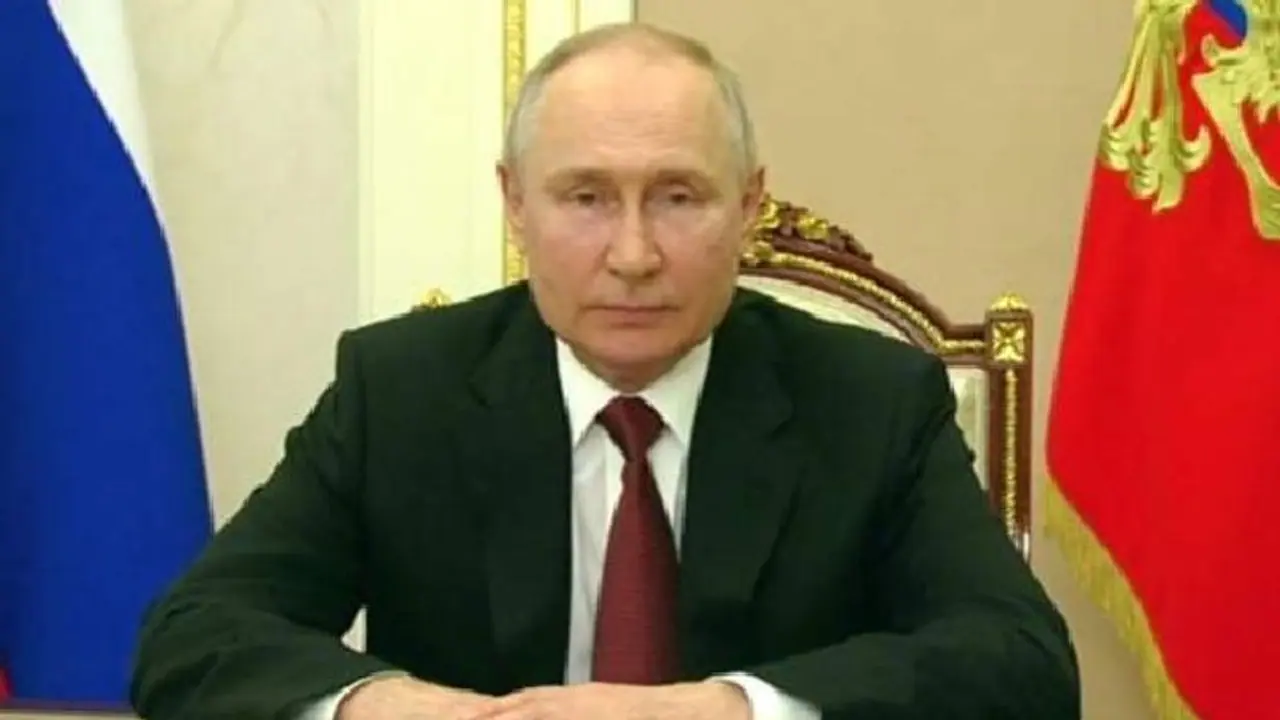Russian President Vladimir Putin will not attend the BRICS nations summit in South Africa due to concerns over an ICC arrest warrant, while Foreign Minister Sergei Lavrov will represent Russia instead.
Russian President Vladimir Putin has decided not to attend the upcoming BRICS nations summit in South Africa, as confirmed by the country's presidency on Wednesday. Speculation about his potential attendance has been a diplomatic concern for Pretoria due to an International Criminal Court (ICC) arrest warrant against him, which South Africa, as an ICC member, would be expected to enforce if he set foot in the country.

"By mutual agreement, President Vladimir Putin of the Russian Federation will not attend the summit," said Vincent Magwenya, a spokesman for President Cyril Ramaphosa, in a statement.
Instead, Russia will be represented by Foreign Minister Sergei Lavrov. The decision comes after several consultations held by President Ramaphosa in recent months, the latest of which occurred last night.
South Africa currently chairs the BRICS group, a coalition of powerful nations including Brazil, Russia, India, and China, which aims to counter Western economic dominance.
Putin's invitation to the BRICS summit, scheduled for August 22 to 24 in Johannesburg, has faced significant domestic and international pressure not to be hosted. Other leaders from Brazil, India, China, and Russia will still attend the summit.
President Ramaphosa expressed confidence in the summit's success and called on the nation to extend hospitality to the delegates arriving from different parts of the continent and the globe.
Also read: Kerch Bridge attack: Why Ukraine's bombing of Crimea Bridge hurts Russia
The ICC has issued a warrant for Putin's arrest over allegations of Russia's unlawful deportation of Ukrainian children. In response to an application by the Democratic Alliance (DA), the country's leading opposition party, President Ramaphosa stated that arresting Putin would be akin to declaring war on Russia.
Kremlin spokesman Dmitry Peskov denied any discussions between the two nations involving war-related wording. He emphasized the gravity of encroaching on the head of the Russian state and stated that no explanation was required on this matter.
"No, it did not sound that way," he said. "In this world, it is absolutely clear to everyone what an attempt to encroach on the head of the Russian state would mean. That is why there is no need to explain anything to anyone on this."
South Africa sought an exemption under ICC rules, arguing that enforcing the arrest could threaten the security, peace, and order of the state. While Pretoria aims to maintain neutrality in the war in Ukraine, critics have accused the government of leaning towards Moscow.
There were concerns that hosting Putin could be seen as a show of support for Russia and potentially jeopardize South Africa's strong economic and trade relations with the United States and Europe. Despite their smaller trade ties, South Africa and Russia share historical connections dating back to when the Kremlin supported the African National Congress party during the anti-apartheid struggle.
South African Deputy President Paul Mashatile confirmed that the government had been trying to persuade Putin not to attend the summit.
